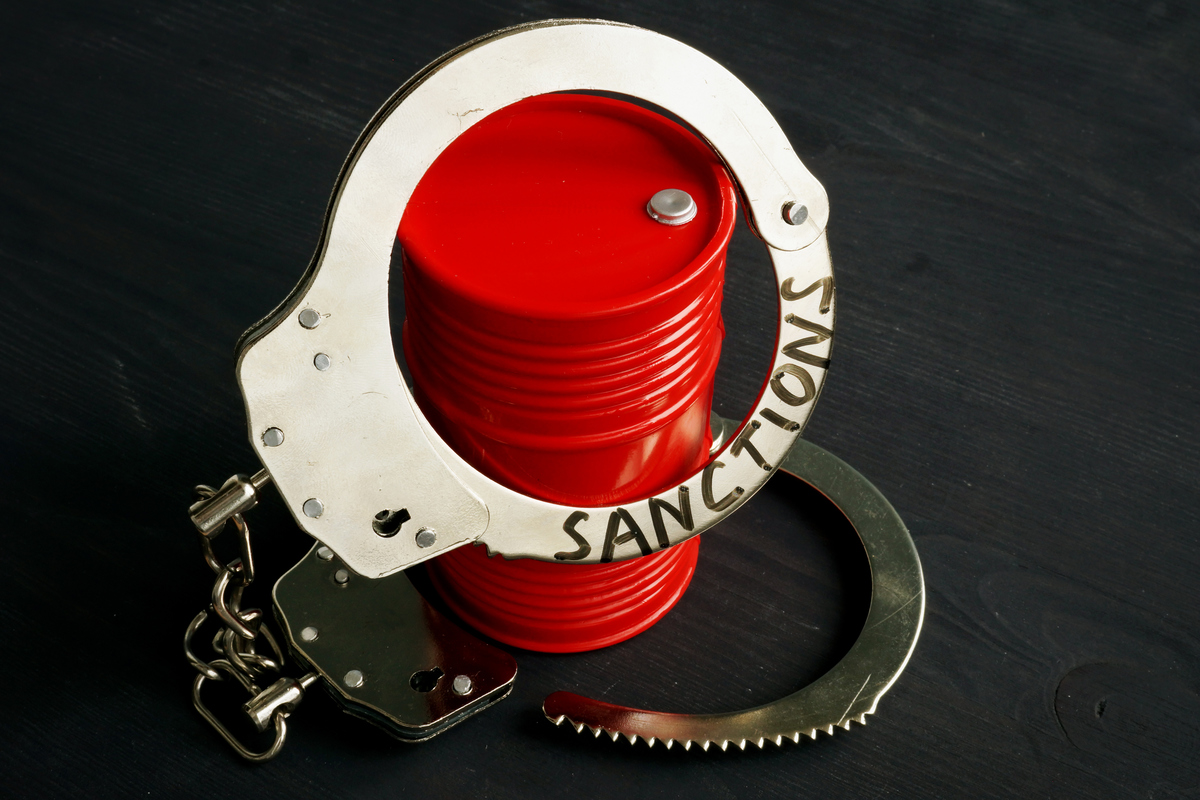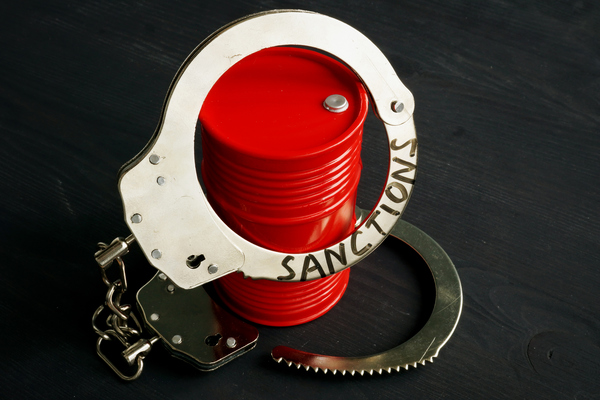EU port association requests study of EU ETS’ impact on European ports
“The clock is ticking for EU Ports”, warns the Federation of European Private Port Companies and Terminals (FEPORT), which sees an increased risk of cargo diversion following the implementation of the EU ETS for shipping.
 PHOTO: Container terminal at Port of Antwerp-Bruges. Getty Images
PHOTO: Container terminal at Port of Antwerp-Bruges. Getty Images
Shipping emissions will be included in the EU Emissions Trading System (EU ETS) from 1 January 2024. The ETS will apply to cargo and passenger ships exceeding 5,000 gross tonnes. It will be phased in over three years, starting with 40% of CO2 emissions covered in 2024, 70% in 2025 and 100% from 2026.
FEPORT, however, points out that shipping inclusion in the EU ETS can be detrimental to European ports due to the higher cost of compliance.
“Ports have not been in the radar of the EU Commission when EU ETS for shipping was discussed, and the real risks of cargo diversion have not been really assessed,” FEPORT president, Gunther Bonz said. “So, we are now in a situation where our terminals can become less competitive and attractive for shipping lines which do not intend to pass on the additional ETS costs to their customers and call-in non-EU ports."
Similar concerns have been raised in Malta, a major transshipment hub in the Mediterranean region. During an interview with the national newspaper The Malta Independent this month, Malta Maritime Forum’s chief executive Kevin J. Borg expressed concerns about a probable situation where Malta could lose its position as a transshipment hub.
The Malta Maritime Forum (MMF), a non-profit maritime organisation in Malta, has emphasised the potential repercussions of shipping companies choosing non-EU ports to avoid the EU ETS costs. This shift could lead to a decrease in vessel traffic at Malta Freeport, impacting the income of various associated services such as ship agents, tugs, pilots and bunker suppliers in the region, MMF argued.
As a solution, FEPORT has urged the European Commission to assess the impact of EU ETS on European ports as soon as possible and revise the regulation accordingly, if necessary.
“We need a real study regarding the impact of ETS for shipping on EU ports to be conducted now and not in two years’ time when cargo will have left some EU ports for good,” Bonz argued.
By Konica Bhatt
Please get in touch with comments or additional info to news@engine.online






